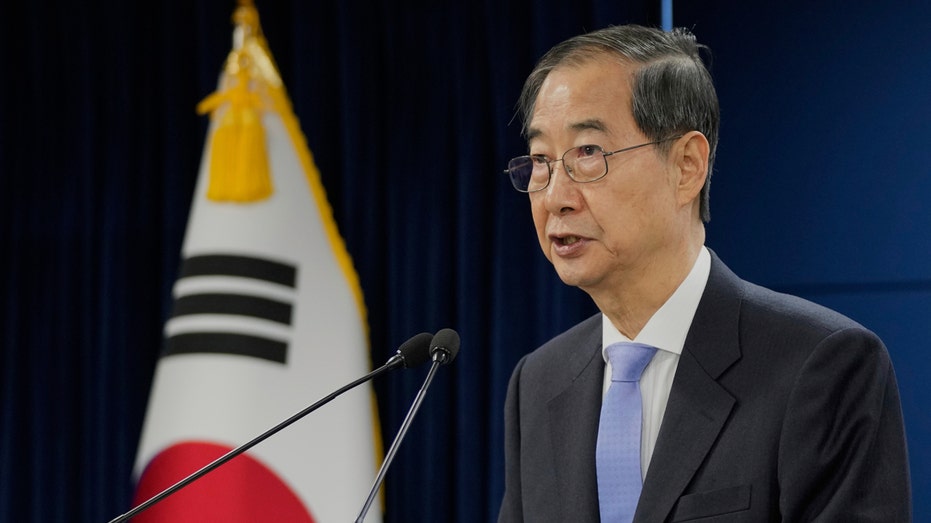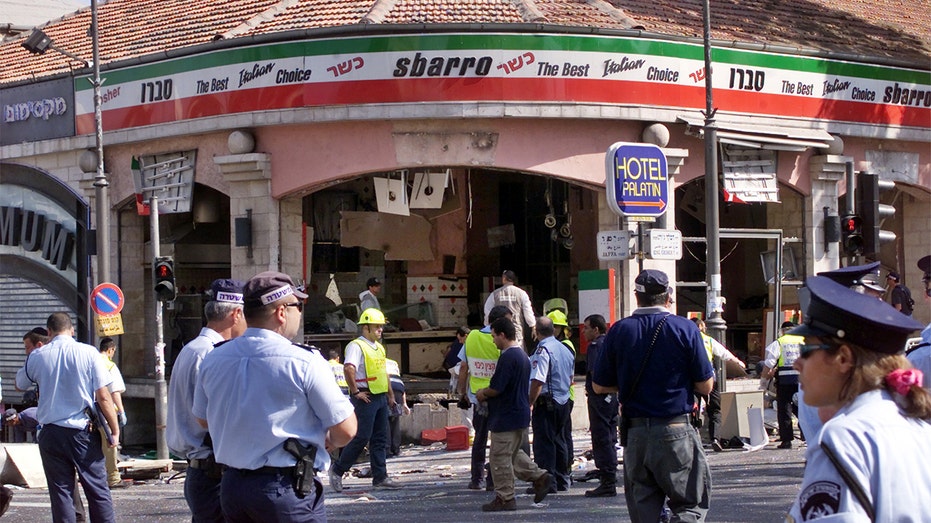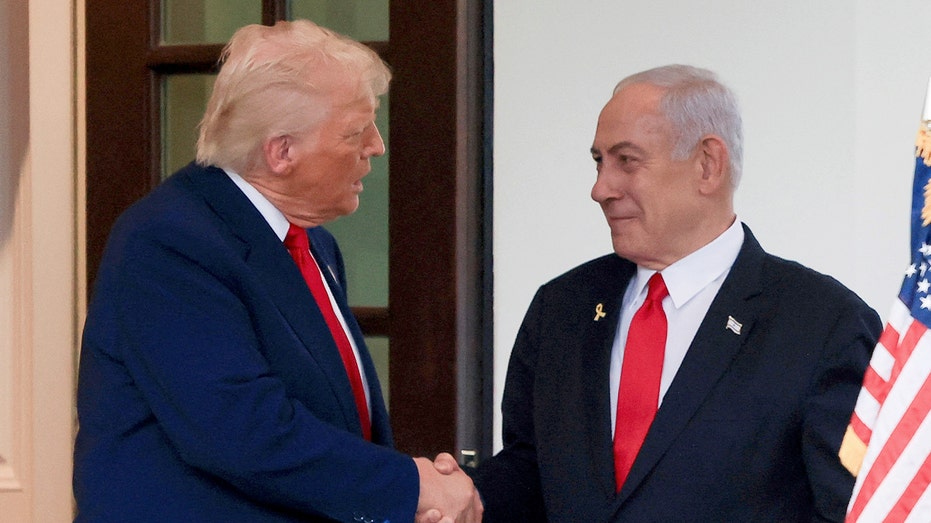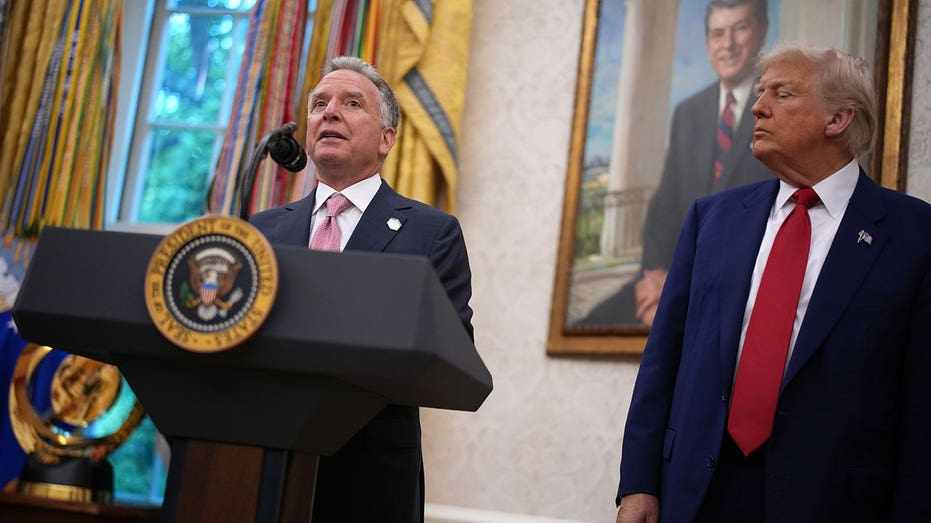south-korean-pm-han-duck-soo-reinstated-as-acting-president-after-impeachment-overturned

Sarah Johnson
March 24, 2025
Brief
South Korea’s Constitutional Court has overturned Prime Minister Han Duck-soo’s impeachment, reinstating him as acting president, as the nation awaits a critical ruling on President Yoon Suk Yeol.
South Korea’s Constitutional Court has overturned the impeachment of Prime Minister Han Duck-soo, reinstating him as acting president on Monday. While Han’s political fate is now settled, the court has yet to rule on the separate impeachment case of President Yoon Suk Yeol, whose declaration of martial law in December sent shockwaves through the nation.
The court’s 7-1 ruling in Han’s case doesn’t exactly hint at Yoon’s chances, as Han wasn’t a central figure in the martial law saga. Still, the decision might energize Yoon’s supporters and fuel their political attacks on the opposition.
After the ruling, Han expressed gratitude to the court for its "wise decision" and pledged to address critical issues, including the rapidly evolving global trade landscape. His statement about "no left or right" but focusing on the "advancement of our nation" played on calls for unity. A noble sentiment, but in this political climate? Good luck with that.
South Korea has been in chaos since President Yoon’s controversial martial law declaration on December 3, when he deployed troops to the opposition-controlled National Assembly. The decree, however, lasted a mere six hours, as lawmakers quickly convened to vote it down. By December 14, Yoon was impeached for allegedly violating the Constitution and attempting to detain politicians, making Han the acting president. But Han himself faced impeachment later that month, further deepening the political crisis.
The drama intensified when Han’s refusal to fill three vacant seats on the Constitutional Court became a flashpoint. This move was seen as a calculated effort to influence Yoon’s impeachment outcome, as at least six justices were needed to uphold Yoon’s removal. After Han’s suspension, Choi Sang-mok, his successor as acting president, appointed two new justices but left one seat vacant.
Han’s impeachment motion cited his alleged complicity in Yoon’s martial law declaration and obstruction of independent investigations into Yoon’s actions. But the Constitutional Court essentially cleared him, with seven out of eight justices finding that his alleged misdeeds weren’t severe enough to justify impeachment—or that the motion itself didn’t meet procedural requirements. One justice dissented.
The liberal Democratic Party expressed disappointment at Han’s reinstatement and urged the court to expedite its ruling on Yoon. Meanwhile, Yoon’s office celebrated the decision, calling the opposition’s impeachment efforts "reckless and malicious."
Observers are now eagerly awaiting the court’s verdict on Yoon, initially expected by mid-March but delayed for reasons that remain unclear. Some speculate that Han’s reinstatement could bolster Yoon’s supporters’ hopes for a similar outcome. Others argue the cases differ too much to draw parallels.
In the meantime, South Korea remains divided. Massive rallies, both supporting and opposing Yoon, have taken over Seoul and other major cities. While public opinion initially disapproved of Yoon’s martial law move, his base has since gained momentum. Yoon defends his actions as a necessary response to opposition obstruction and impeachment attempts, but critics accuse him of using martial law to suppress investigations into scandals involving him and his wife. Yikes.
If the court upholds Yoon’s impeachment, South Korea will face an early presidential election. If not, Yoon will return to office, though his political troubles are far from over. He’s also facing rebellion charges, which carry severe penalties, including life imprisonment—or even the death penalty.
Topics
Editor's Comments
South Korea’s political drama feels almost Shakespearean, doesn’t it? Martial law, impeachment after impeachment, and even a touch of intrigue over judicial appointments—it’s like a soap opera, but with real-world stakes. Han’s reinstatement might bring some stability, but the unresolved case of President Yoon keeps the nation on edge. And let’s be honest, Yoon’s attempt to spin martial law as a noble cause is a tough sell. What’s next for South Korea? A plot twist, no doubt.
Like this article? Share it with your friends!
If you find this article interesting, feel free to share it with your friends!
Thank you for your support! Sharing is the greatest encouragement for us.



